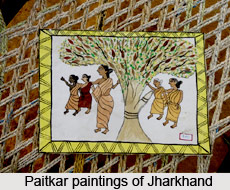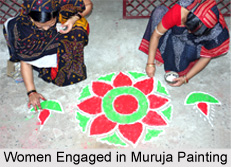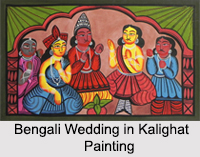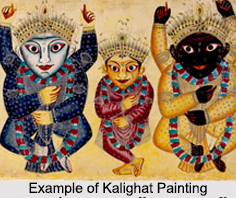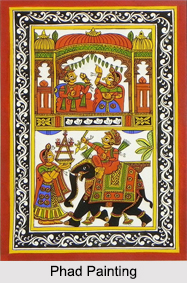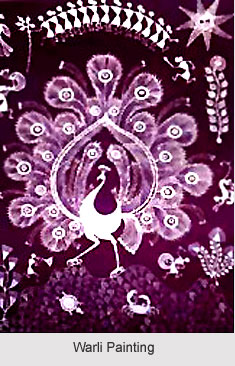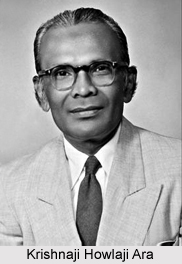 Krishnaji Howlaji Ara was born in 1913, in Bolarum near Hyderabad, Andhra Pradesh. At the age of seven he moved to Mumbai and made his first living by cleaning cars. He joined the Salt Satyagraha during India`s Independence movement and later worked as a car cleaner in a Japanese firm. His employer departed after Japan attacked on the Pearl Harbour however Ara continued to live and work in the small servant`s room of the firm`s office which served as his studio.
Krishnaji Howlaji Ara was born in 1913, in Bolarum near Hyderabad, Andhra Pradesh. At the age of seven he moved to Mumbai and made his first living by cleaning cars. He joined the Salt Satyagraha during India`s Independence movement and later worked as a car cleaner in a Japanese firm. His employer departed after Japan attacked on the Pearl Harbour however Ara continued to live and work in the small servant`s room of the firm`s office which served as his studio.
He was the first contemporary Indian painter to use the female nude as a theme staying within the limits of naturalism. Krishnaji Howlaji Ara had his first solo show in 1942 in the Chetana Restaurant in Mumbai. He was a founder member of the Progressive Artists` Group. In 1944, he was awarded the Governor`s prize for painting. In 1952, he received the Bombay Art Society`s Gold Medal for his work `Two Jugs". He was a member of the managing committee of the Bombay Art Society and served on the selection and judging committees of the Lalit Kala Akademi.
Ara initially portrayed the scenes from his surroundings and portraits reminiscent of Bombay`s colonial painters, following which elements of the Bengal School began to show in his work. Some influences of Cezanne and Matisse were evident in his works of `40s and `50s. He always drew inspiration from the classics. Watercolors and gouaches was his favourite media initially. He also worked successfully in oils. As he was part of the Satyagraha movement his delight with India`s independence resulted in an immensely long canvas depicting the Independence Day procession with a multitude of Indian people celebrating in excitement.
Krishnaji Howlaji Ara was part of the managing committee of the Bombay Art Society in its early years and served in the selection and judging committee of the Lalit Kala Academy. In 1955, Ara held shows of his work in Romania, Hungary and Bulgaria. His paintings have also been shown in galleries in West Germany, Russia and Japan. He has received the prestigious Governor`s Award for painting in 1944, and the Gold Medal from the Bombay Art Society for his canvas `Two Jugs` in 1952. Krishnaji Howlaji Ara passed away in Mumbai in 1985.
